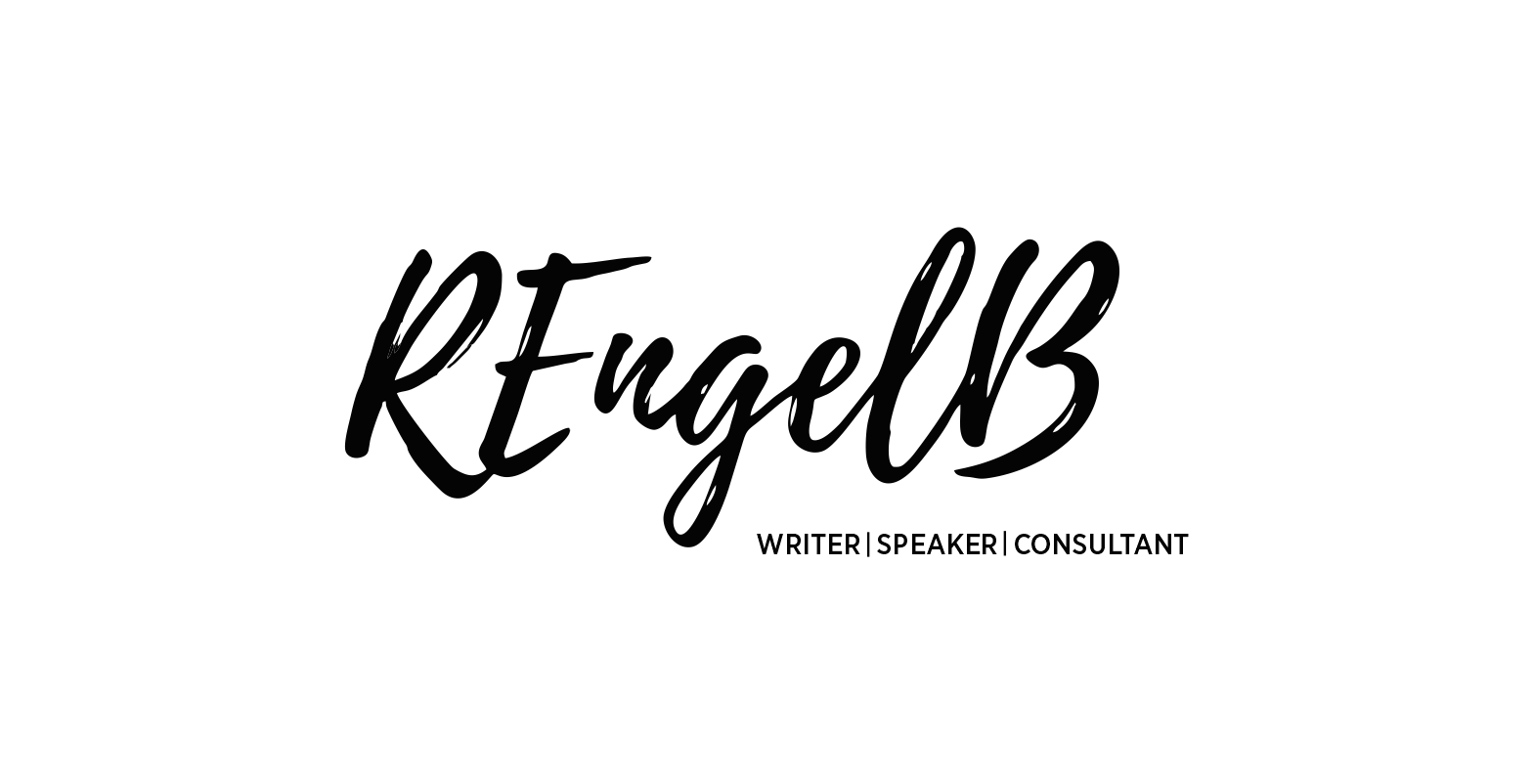In today’s world, we have actually created stereotypes concerning diversity. Whether in our culture or workplace relationships, matters on diversity and inclusion actually play dominant roles in determining a person’s suitability for a particular workplace benefit. We have become bias and have segregated ourselves into ethnic majority and minorities not based on geographic tendencies but based on human qualities. In order to encourage workplace development and global business opportunities, we must embrace our diversity as a pool of resource that can help us share unique ideas to make the world a better place.
Bold conversations about inclusion can help us build sustainable global businesses. Workplaces that encourage diversity develop a strong Organizational Citizenship Behaviour (OCB). This promotes a healthy workplace environment where all employees are respected despite their differing ethnic, political, religious or socio-cultural backgrounds. This helps employees work well, respecting each other’s views and are confident in performing their assigned work roles. They enjoy the peace of mind that allows them work effectively and efficiently. Negatively discussing someone else’s ethnic race or origin in a workplace can be uncomfortable. Matters of racism and discrimination should be frowned upon and discussed openly in a workplace to drive home an organization’s policy on promoting diversity and inclusivity. A strong stance against racism and discrimination will destroy the racial bottlenecks that hinder organizational productivity.
Racial discrimination in the workplace has been a stereotype embedded in the heart of global culture for ages and must be thoroughly dealt with and eradicated. Racial discrimination is precedent on cultural perceptions where certain tribes or ethnic groups consider themselves superior over others, based on past conquests through wars, slavery and dominion. This has acted as a mental slavery mechanism, for individuals who belong to ethnicities that are considered minority or inferior based on past ethnic tales centered on achievement or dominance.
Promoting workplace inclusion leads to organizational growth. An organization that is free from or discourages workplace politics, discrimination and racism, thrives. Aside the moral implication that promoting workplace diversity is the right thing to do, research reiterates that workplace inclusion has financial advantages towards organizational growth. For example, research shows American organizations with a diverse cultural workforce are rewarded with greater workplace efficiency and productivity in matters such as strategy, foreign market growth (business growth in a new market) and innovation. Diversity and inclusivity is no doubt a firm growth factor.
According to a research conducted by (Mayer, Warr, & Zhao, 2017) on the benefits of pro-diversity policies and their impact on corporate innovation, it was found that organizations that implement sound diversity and inclusivity policies in matters such as disability, treatment of women and the protection of minority groups, increase their potential pool from which the organization can hire talented and creative individuals. Employees don’t only want to work in lucrative jobs but also in jobs that protect their interests, give them peace of mind and embrace their diversity. A diverse workforce is equipped with unique skills capable of achieving creative problem solving that leads to innovation.
(Mayer, Warr, & Zhao, 2017) investigated the positive effects that pro-diversity policies have on an organization’s innovative efficiency. They did this by assessing information from Morgan Stanley Capital International Environmental, Social and Governance (MSCI – ESG) ratings (a tool which provides diversity policy data on publicly traded US companies). They explored data ranging from the year 2001 – 2014 on new product information as a measure for an organization’s innovative efficiency. Findings from the study indicated the following, among others:
- “The positive effect of diversity on innovative efficiency is more pronounced in firms that are already innovative, value intangibles and human capital more highly, and have greater growth options, higher cash flow and stronger governance.”
- “The effect of diversity on innovative efficiency is stronger during recessions, including the downturn following the 2008 financial crises, when investors, the financial markets and the economy at large suffer a severe crisis of trust.”
It is also prudent to know as an emerging business leader or existing business leader, that there are other evidence based studies that show the importance of promoting diversity in the workplace. In a 2016 study conducted by Pricewaterhouse Coopers (PWC), (Flood, 2016) revealed that 87% of global CEOs are currently focused and determined in promoting D&I strategies (Diversity and Inclusivity strategies) because of its role in ensuring global business success. This figure shows an increase from 67% in 2015 and an even higher progress from 2011 when it was only 11%. This tells us one key thing: Business success achieved through globalization is evidence enough that business growth across countries hinges on promoting diversity.
Nevertheless, diversity comes with its own associated factors largely; inequality in income, imbalance in health benefits, leave days and many more. All these social factors are reasons why the world is shouting to promote diversity and inclusivity in the workplace.

